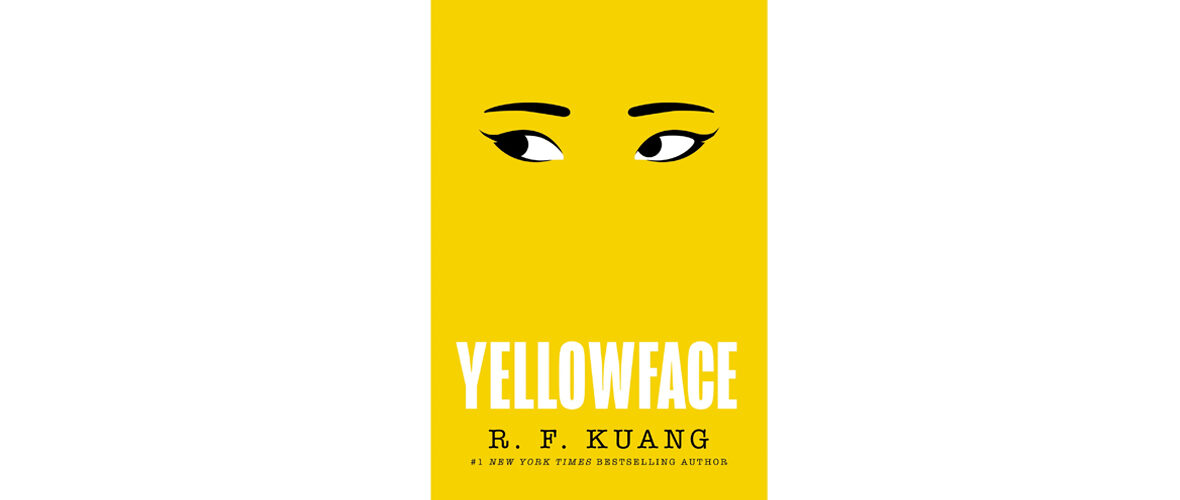Author: R.F. Kuang
Publisher: HarperCollins Australia
The addictiveness of Yellowface is hard to overstate. Spiteful, tense and topical, this buzzy thriller hits almost every hot-button issue in publishing and social media from the past five years. It is built to be torn through. Any reader who is even vaguely online will savour the schadenfreude of the impending downfall of June, the floundering author turned literary darling Karen. One reading of Yellowface could label it as recent bestselling novel The Plot meets ‘Bad Art Friend’ meets Twitter takedown meets spiteful group chat, yet this work has a delicious, twisted flavour of its own.
June Hayward and Athena Liu are Ivy League pals turned literary frenemies. Athena’s star has risen consistently since college, her novels both critical and commercial successes. Meanwhile June’s debut novel, a white middle class coming-of-age tale, was released to minimal fuss and even fewer follow-ups. The toxic dynamic between the pair is compelling and established early. June seethes at Athena’s six-figure Netflix adaptation deal while Athena, vain and oblivious, drops a casual mention of her latest award or acclaim. Things come to a head early when Athena dies in a freakish accident and June discovers the sole copy of her latest manuscript. The temptation to leave it alone is too great.
June is an unbelievable and unlikeable, but never unreliable, narrator: we see everything she is doing as it happens and relish the breathtaking gall of it all. As the stolen work, a fictionalised account of the Chinese Labour Corps during the First World War, nears publication, June and the publishing team opt to rebrand her and publish under her full first and middle names, the more ambiguous “Juniper Song.” Her marketing team assure her this will shield her against criticism about being the “right” person to tell such a story. Those who follow modern literary scandals will recognise the furore over American Dirt, the 2020 novel about a Mexican mother and son crossing the border after a cartel murders the rest of their family. Its author, Jeanine Cummins, is white but leaned in to a “grandmother born in Puerto Rico” when she faced accusations of opportunism and cultural stereotyping and misappropriation. In Yellowface, as June’s cover threatens to be blown, she descends further into simpering victimhood as she tries to defend herself and mine whatever depths she must to hide her deceptiveness. As she sees it, “Athena never personally experienced suffering. She just got rich from it.”
The impossible to put down energy of Yellowface is to its detriment in one area: there are a handful of glaring timeline issues. A book that stretches over days of reading time could likely have gotten away with it, but when inhaling this in furious gulps, such problems rear their head. The process of Athena’s death, the manuscript theft, the more than a year’s build-up to publication, the year of roaring success, the growing suspicion, and clamouring for a new work easily covers more than two years, yet in this timeline barely 18 months have gone past. In one part, Athena was still alive at a writer’s program in the Northern Summer of 2018; several chapters later we are reminded of June visiting her mother to pay respects in the earlier Spring of that year. June is at pains to point out she voted for Joe Biden (therefore she should not be lumped in with problematic ‘Trump racists’) at a point in the book that cannot be any later than April 2020. A fringe character is described as an Oscar nominee and then an Oscar winner two pages later.
This book is stunningly of its time, and even the necessary lag between manuscript completion and publication means some of its references already feel dated. Read Yellowface sooner rather than later.




